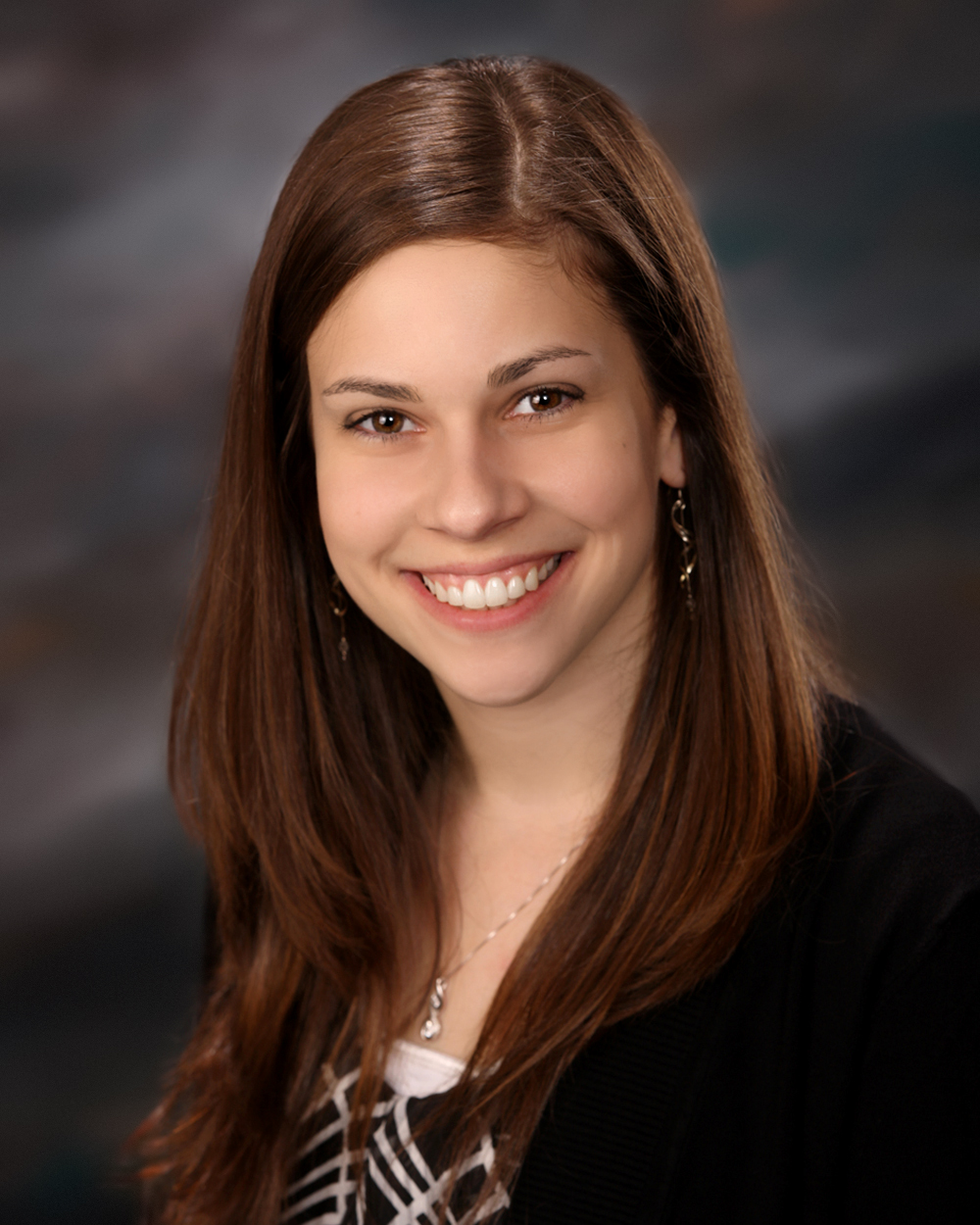Does your child make a snorting sound when talking? Does he sound nasally when he talks? These symptoms, as well as liquid coming out of his nose and/or a speech impediment, could be signs of hypernasality.
With hypernasality, too much air comes through the nose when the child speaks. When this happens, the excess air interferes with speech—causing odd noises, a nasal-sounding voice, speech problems and more.
A quick, at-home test
Think your child may have hypernasality? Here’s a quick test you can try at home.
Have your child say “Charlie eats potato chips” or “The dishwasher washes dishes.” Then have him plug his nose and repeat the same phrase. He should sound the same both times. If not, it’s probably a good idea to see a pediatric speech-language pathologist with experience in hypernasality.
In-depth evaluation
At Iowa ENT Center, we use an instrument called a nasometer to diagnose hypernasal speech. It looks like a hat with a bar that goes across the upper lip. This tool measures the amount of air coming out of the mouth and nose.
Wearing the nasometer, the child is asked to say a specific phrase. If any air comes out of the child’s nose while he’s saying the phrase, that signals an issue. In that case, we then use a scope to determine what’s causing the issue.
Hypernasality causes and treatment
There are two types of causes for hypernasality:
- Structural problem. This could include a cleft palate, submucosal cleft or muscles that aren’t working properly. In the case of a structural problem, the parent meets with our cleft palate team, which includes our pediatric ENT, Dr. Eytan Young. Iowa ENT Center has one of just two cleft palate teams in the entire state of Iowa. Our team walks the parent through the treatment options, which may include speech therapy and/or surgery, so they can make an informed decision.
- Functional problem. A functional problem could be sound- or letter-specific hypernasality (e.g., air escaping through the nose for only one or two sounds). The child may not know how to pronounce the sound even though all structures are present and they are able to physically. In this case, speech therapy is recommended with one of our experienced speech-language pathologists—Joy Hesse and Sarah Gray.
The Speech & Voice Center at Iowa ENT Center
You’ll find the area’s most comprehensive Speech and Voice Center at Iowa ENT Center. Using the most advanced technology, our licensed speech-language pathologists, board-certified physicians and licensed audiologists provide the full spectrum of specialized care for even the most complex speech and voice conditions—all in one place.
If you’d like to bring your child in for an evaluation, request an appointment online or call us at 515-223-4368.
Meet Sarah Gray, M.S., CCC-SLP
Sarah focuses on pediatric and geriatric populations including pediatric phonological disorders (articulation) and language delays.

